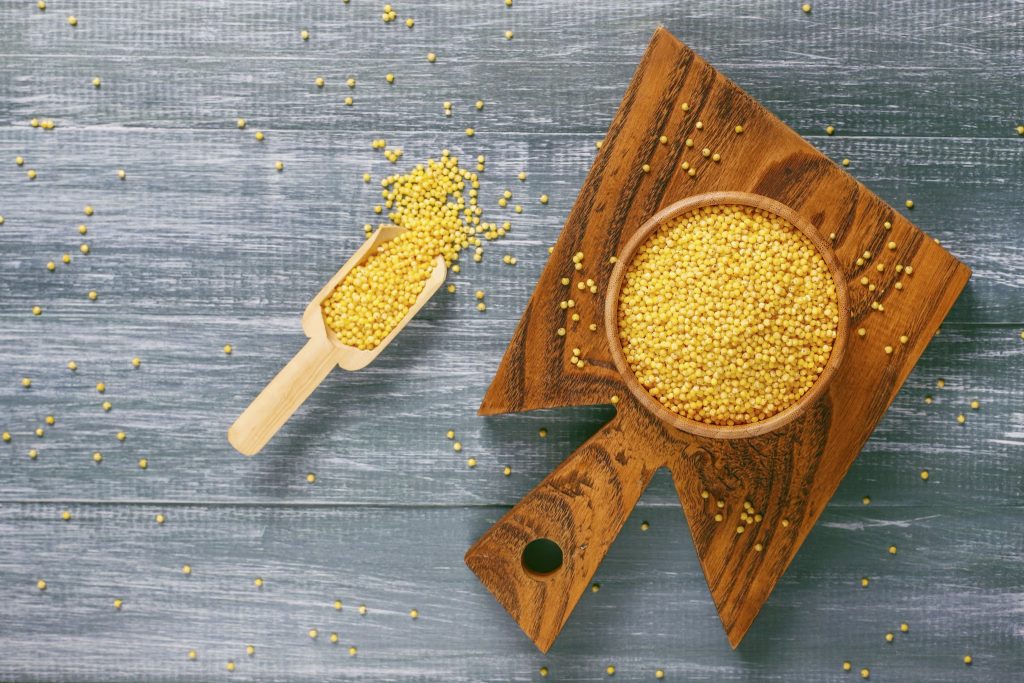Amidst the growing interest in traditional and healthy foods, Kodo Millets have emerged as a nutritional powerhouse, captivating the attention of health-conscious individuals across India. These small yet mighty grains have a rich history and are now making a significant comeback, owing to their exceptional health benefits and versatility in culinary applications.

Source: www.news18.com
Kodo Millets, scientifically known as Paspalum scrobiculatum, have been cultivated in India for thousands of years, particularly in the regions of Karnataka, Tamil Nadu, and parts of Northeastern India. Historically, these millets were a staple food for various indigenous communities, cherished for their ability to thrive in diverse agro-climatic conditions.
Nutritionally, Kodo Millets offer an impressive array of health benefits. They are a rich source of dietary fiber, essential minerals like iron, calcium, and magnesium, and are gluten-free, making them an excellent alternative for those with gluten sensitivities. Additionally, Kodo Millets are low in glycemic index, making them suitable for diabetics and aiding in better blood sugar management.
As awareness about the importance of a balanced diet and sustainable agriculture grows, Kodo Millets have garnered attention for their role in promoting food security and environmental sustainability. These resilient crops require minimal water and are less susceptible to pests, making them ideal for cultivation in dry and arid regions. Embracing the cultivation and consumption of Kodo Millets can contribute to sustainable agriculture and mitigate the impact of climate change on food production.
The culinary potential of Kodo Millets is equally remarkable. From traditional Indian dishes like idlis, dosas, and upmas to contemporary innovations in salads, bowls, and baked goods, Kodo Millets offer a delightful culinary experience while elevating the nutritional value of meals.
In recent years, the Government of India and various non-governmental organizations have been actively promoting the cultivation and consumption of millets, including Kodo Millets, through various awareness campaigns and policy initiatives. This renewed focus on millet cultivation aims to boost the income of farmers, promote biodiversity, and improve the health of the population.
As we embrace the treasure trove of nutrition and history that Kodo Millets offer, it is evident that these humble grains have the potential to play a pivotal role in fostering a healthier, more sustainable, and inclusive food system in India.
In conclusion, Kodo Millets stand as a symbol of resilience, nutrition, and cultural heritage in India. As the world rediscovers the value of traditional foods, these millets have emerged as a delightful addition to the modern diet, offering a sustainable and nutritious alternative to mainstream grains. By incorporating Kodo Millets into our culinary repertoire, we can nourish our bodies, support local farmers, and contribute to a greener and more sustainable future.

